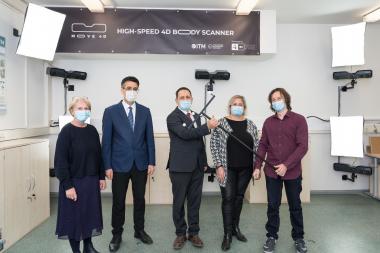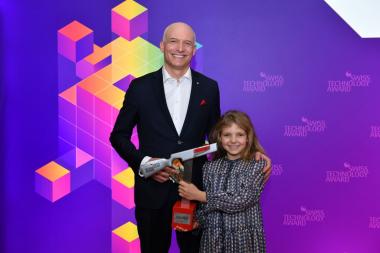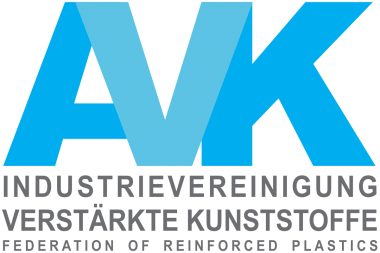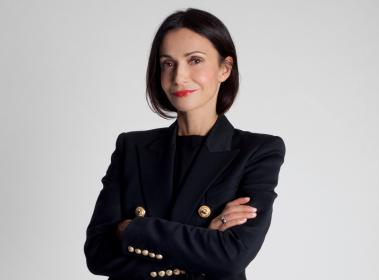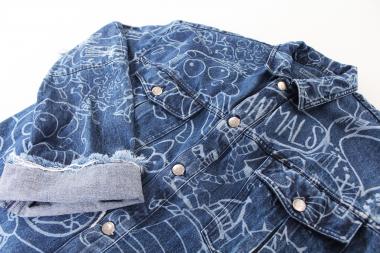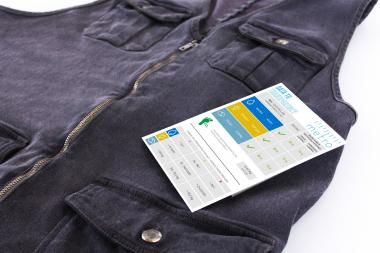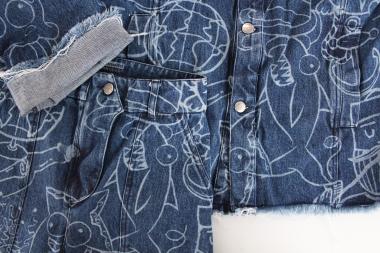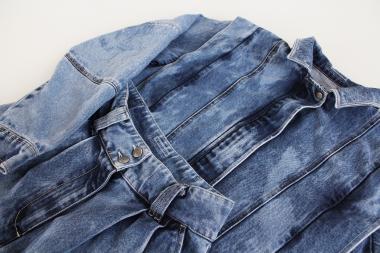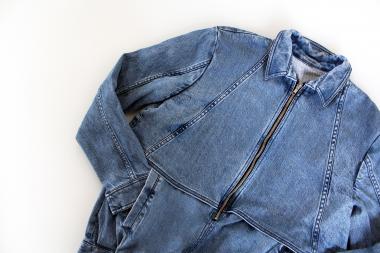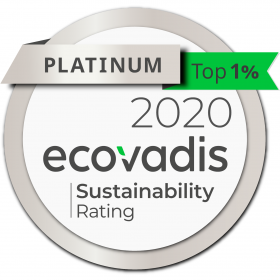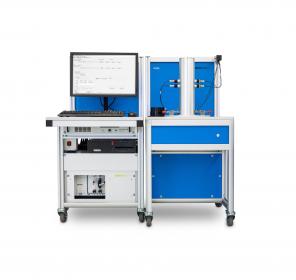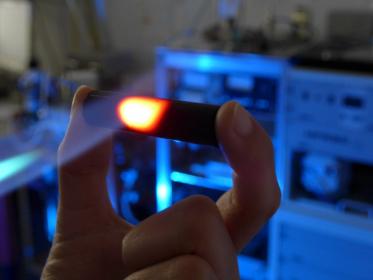Partnership of Elleti Group and Wiser Wash
- Elleti Group partners with Wiser Wash for Europe and the Mediterranean area, with Portugal being the only exception, for a more sustainable fashion.
- The enterprise based in Verona joins Wiser Wash’s international network and adopts the innovative patented process for the treatment of denim that has the market’s lowest environmental impact.
Tradition and innovation: this combination has always characterized Elleti Group, a historic company based in San Bonifacio and an important point of reference for the denim industry and beyond. Now it is also the exclusive partner of Wiser Wash for Europe and the Mediterranean area, with Portugal being the only exception. Specializing in laundry, dyeing and garment making services, the company is led by the steady hand and ambitious vision of Luigi Lovato, who was recently recognized by Rivet50 as one of 2020's fifty most influential people in the denim ecosystem. The partnership with Wiser Wash is a fitting continuation of Elleti Group's tireless pursuit of excellence, development of cutting-edge solutions and commitment to environmental sustainability, which has always projected the proud Made in Italy tradition towards the future.
With the introduction of Wiser Wash's technology, Elleti Group has significantly reduced the amount of resources used in traditional garment treatment. This patented washing method eliminates the use of pumice stone and all harmful chemicals, while drastically reducing water consumption throughout the process. In addition, the efficiency of the process lowers chemical and mechanical stress on fabric fibers as compared to traditional treatment, guaranteeing greater garment robustness and longevity.
This important milestone is the latest and more relevant result of a commitment that has been integral to Elleti Group's approach since its foundation. This was already present in the Earthkeepers collection – a line of low environmental impact treatments which marked the culmination of research and experimentation journey, aimed at developing an authentic look whilst looking out for the safeguard of the environment, its resources and its people. Record of the company's evolution is kept in the "Stadium", an impressive archive of Elleti Group collections. There displayed are some 15,000 garments, direct evidence of the stylistic and technological developments that have made Elleti Group an international benchmark for creativity and high quality.
"Nothing is more important to us than satisfying our clients' needs. We put all our expertise and experience at the service of their creative ideas," said Luigi Lovato, Founder and CEO of Elleti Group. "The partnership with Wiser Wash is definitely another reason to be proud, and it will set our bar even higher in guaranteeing quality, authenticity and an ever-increasing respect for the environment and our employees."









